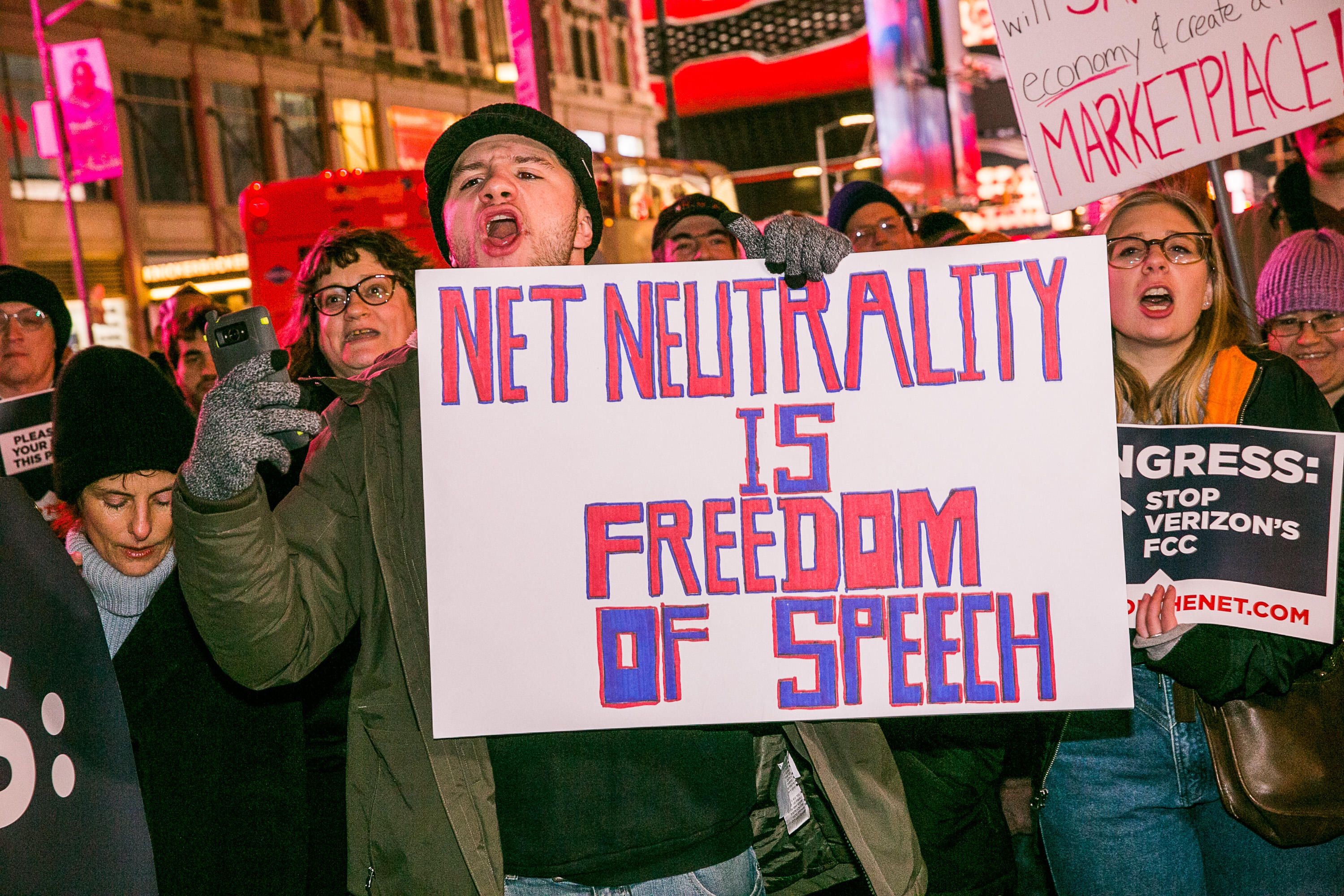This week, California proposed a bill to preserve net neutrality rules in the state, this was apparently part of a more comprehensive effort around the nation. The bill is also moving beyond the protections that FCC recently rolled back, and it also already that this bill is only one way states are creating ways to keep the rules after last year’s decision by the FCC to remove net neutrality rules.
Fight for the Future, an activist group, has listed efforts in 35 states and the District of Columbia, including legislation under consideration as well as executive orders. The attempts taking places to keep the rules is coming in different forms.
Majority of the list includes national attempt that apparently kicked off in January where 22 attorneys general signed on to a lawsuit challenging the rules. The suit, led by New York’s attorney general, will take a bit of time to go through the court, but is one of the most prominent challenges to the repeal by the FCC.
Governors from Montana, New Jersey, New York, Hawaii and Vermont have signed executive orders to preserve net neutrality rules. There are also several other states that have proposed legislation in some form to help keep the rules in place. Many of those bills are still making their ways through the legislative process, but it’s hard to guess how many of them will actually pull through to become law.
One of the biggest hurdles in place that states have to overcome to keep net neutrality rules is that the FCC said its action pre-emptied any attempts by state to pass net neutrality legislation. Basically, this means that state will almost certainly be facing lawsuits when they try and get around the repeal put in place by the FCC.
Though, states have been issuing executive orders that are carefully crafted in a way that it would protect the states from suits, saying that they will not do business with a company that doesn’t follow the net neutrality rules.
It’s worth mentioning that Washington state is the first to pass a net neutrality law, and seems completely ready to defend it in court if it comes to that.





